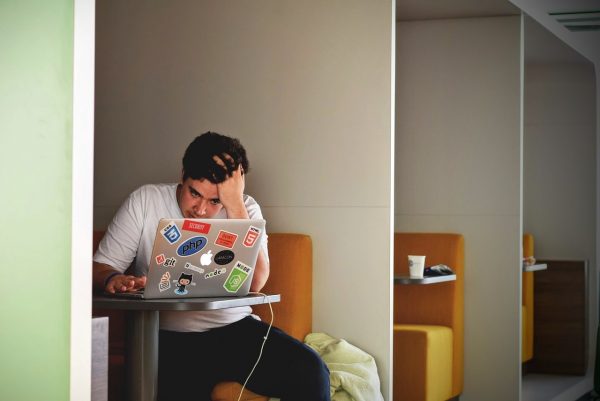
In a recent interview, Hollywood superstar Tom Hanks confessed: “No matter what we’ve done, there comes a point where you think, ‘How did I get here? When are they going to discover that I am, in fact, a fraud and take everything away from me?’”
Some highly successful people frequently feel like impostors—that they have attained their status through luck, not merit. Psychological research on impostor syndrome has treated it as a durable personality trait that comes from within and does not change based on context. Sociologists counter that imposter syndrome should be thought of as a social process. The social environment — such as organizational rules, incentives, and culture — structures interactions between people and affects the development of impostor syndrome.Researchers Emma Cohen and Will McConnell surveyed 1,476 graduate students at a midwestern university to examine the relationship between the graduate school environment and impostor syndrome. They discovered three factors in the graduate students’ perceptions of their departments that influence feelings of impostorism:
- Mentorship: Survey results showed that students who experience higher-quality mentoring report lower fears of impostorism. Because grad students are often expected to excel in research and teaching while completing their studies, objective metrics like test scores and letter grades give only a narrow view of student performance. A quality mentor fills the gap by giving a graduate student specific and helpful feedback to identify strengths and areas for growth. Lacking a mentor, or having a strained relationship with a mentor, opens space for self-doubt.
- Competition: Unsurprisingly, the researchers found that students who perceive greater funding competition score higher on the impostor syndrome scale. Some graduate departments guarantee funding for all admitted students. In others, students must compete for assistantships and fellowships. The latter type of department leads many students to feel inferior to the few students who are awarded funding, even if they may be successful by other metrics.
- Isolation: The study showed that students who feel isolated are more likely to feel inadequate. When graduate students are able to talk openly with others in their program, they may realize that feelings of self-doubt are common. This can help them to persevere and form more realistic self-evaluations.
Graduate schools can do more to help their students than offering individual strategies to overcome self-doubt. Training faculty to be good mentors, celebrating a variety of student achievements, and creating opportunities for students to connect with each other, can reduce feelings of fraudulence among their talented students.

Comments